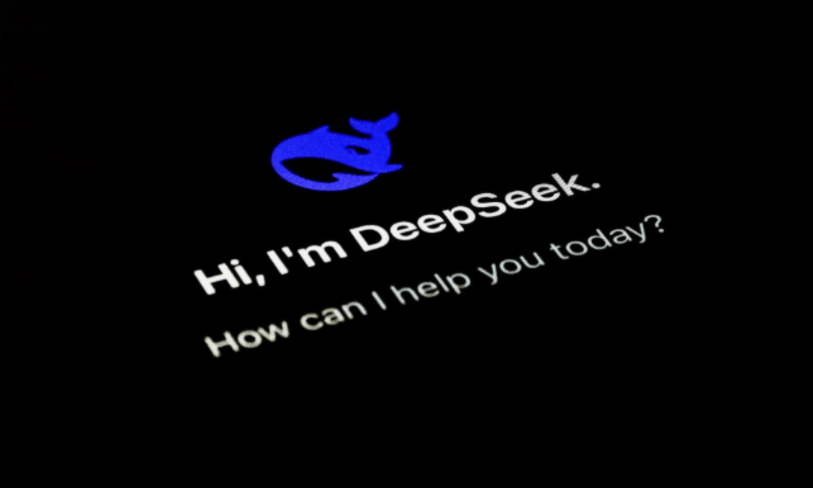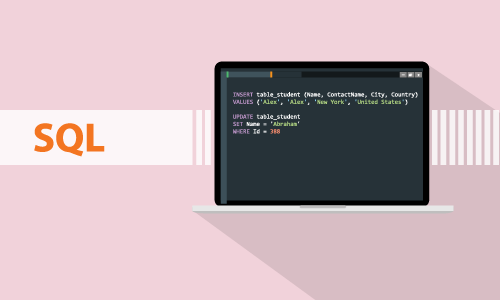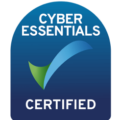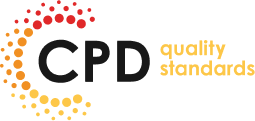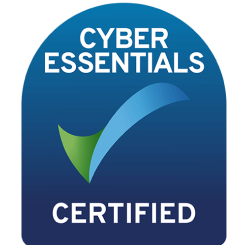Course Curriculum
| Unit 01: Data Science Overview | |||
| Introduction to Data Science | 00:01:00 | ||
| Data Science: Career of the Future | 00:04:00 | ||
| What is Data Science? | 00:02:00 | ||
| Data Science as a Process | 00:02:00 | ||
| Data Science Toolbox | 00:03:00 | ||
| Data Science Process Explained | 00:05:00 | ||
| What’s Next? | 00:01:00 | ||
| Unit 02: R and RStudio | |||
| Engine and coding environment | 00:03:00 | ||
| Installing R and RStudio | 00:04:00 | ||
| RStudio: A quick tour | 00:04:00 | ||
| Unit 03: Introduction to Basics | |||
| Arithmetic with R | 00:03:00 | ||
| Variable assignment | 00:04:00 | ||
| Basic data types in R | 00:03:00 | ||
| Unit 04: Vectors | |||
| Creating a vector | 00:05:00 | ||
| Naming a vector | 00:04:00 | ||
| Arithmetic calculations on vectors | 00:07:00 | ||
| Vector selection | 00:06:00 | ||
| Selection by comparison | 00:04:00 | ||
| Unit 05: Matrices | |||
| What’s a Matrix? | 00:02:00 | ||
| Analyzing Matrices | 00:03:00 | ||
| Naming a Matrix | 00:05:00 | ||
| Adding columns and rows to a matrix | 00:06:00 | ||
| Selection of matrix elements | 00:03:00 | ||
| Arithmetic with matrices | 00:07:00 | ||
| Additional Materials | 00:00:00 | ||
| Unit 06: Factors | |||
| What’s a Factor? | 00:02:00 | ||
| Categorical Variables and Factor Levels | 00:04:00 | ||
| Summarizing a Factor | 00:01:00 | ||
| Ordered Factors | 00:05:00 | ||
| Unit 07: Data Frames | |||
| What’s a Data Frame? | 00:03:00 | ||
| Creating Data Frames | 00:20:00 | ||
| Selection of Data Frame elements | 00:03:00 | ||
| Conditional selection | 00:03:00 | ||
| Sorting a Data Frame | 00:03:00 | ||
| Additional Materials | 00:00:00 | ||
| Unit 08: Lists | |||
| Why would you need lists? | 00:01:00 | ||
| Creating a List | 00:06:00 | ||
| Selecting elements from a list | 00:03:00 | ||
| Adding more data to the list | 00:02:00 | ||
| Additional Materials | 00:00:00 | ||
| Unit 09: Relational Operators | |||
| Equality | 00:03:00 | ||
| Greater and Less Than | 00:03:00 | ||
| Compare Vectors | 00:03:00 | ||
| Compare Matrices | 00:02:00 | ||
| Additional Materials | 00:00:00 | ||
| Unit 10: Logical Operators | |||
| AND, OR, NOT Operators | 00:04:00 | ||
| Logical operators with vectors and matrices | 00:04:00 | ||
| Reverse the result: (!) | 00:01:00 | ||
| Relational and Logical Operators together | 00:06:00 | ||
| Additional Materials | 00:00:00 | ||
| Unit 11: Conditional Statements | |||
| The IF statement | 00:04:00 | ||
| IF…ELSE | 00:03:00 | ||
| The ELSEIF statement | 00:05:00 | ||
| Full Exercise | 00:03:00 | ||
| Additional Materials | 00:00:00 | ||
| Unit 12: Loops | |||
| Write a While loop | 00:04:00 | ||
| Looping with more conditions | 00:04:00 | ||
| Break: stop the While Loop | 00:04:00 | ||
| What’s a For loop? | 00:02:00 | ||
| Loop over a vector | 00:02:00 | ||
| Loop over a list | 00:03:00 | ||
| Loop over a matrix | 00:04:00 | ||
| For loop with conditionals | 00:01:00 | ||
| Using Next and Break with For loop | 00:03:00 | ||
| Additional Materials | 00:00:00 | ||
| Unit 13: Functions | |||
| What is a Function? | 00:02:00 | ||
| Arguments matching | 00:03:00 | ||
| Required and Optional Arguments | 00:03:00 | ||
| Nested functions | 00:02:00 | ||
| Writing own functions | 00:03:00 | ||
| Functions with no arguments | 00:02:00 | ||
| Defining default arguments in functions | 00:04:00 | ||
| Function scoping | 00:02:00 | ||
| Control flow in functions | 00:03:00 | ||
| Additional Materials | 00:00:00 | ||
| Unit 14: R Packages | |||
| Installing R Packages | 00:01:00 | ||
| Loading R Packages | 00:04:00 | ||
| Different ways to load a package | 00:02:00 | ||
| Additional Materials | 00:00:00 | ||
| Unit 15: The Apply Family - lapply | |||
| What is lapply and when is used? | 00:04:00 | ||
| Use lapply with user-defined functions | 00:03:00 | ||
| lapply and anonymous functions | 00:01:00 | ||
| Use lapply with additional arguments | 00:04:00 | ||
| Additional Materials | 00:00:00 | ||
| Unit 16: The apply Family – sapply & vapply | |||
| What is sapply? | 00:02:00 | ||
| How to use sapply | 00:02:00 | ||
| sapply with your own function | 00:02:00 | ||
| sapply with a function returning a vector | 00:02:00 | ||
| When can’t sapply simplify? | 00:02:00 | ||
| What is vapply and why is it used? | 00:04:00 | ||
| Additional Materials | 00:00:00 | ||
| Unit 17: Useful Functions | |||
| Mathematical functions | 00:05:00 | ||
| Data Utilities | 00:08:00 | ||
| Additional Materials | 00:00:00 | ||
| Unit 18: Regular Expressions | |||
| grepl & grep | 00:04:00 | ||
| Metacharacters | 00:05:00 | ||
| sub & gsub | 00:02:00 | ||
| More metacharacters | 00:04:00 | ||
| Additional Materials | 00:00:00 | ||
| Unit 19: Dates and Times | |||
| Today and Now | 00:02:00 | ||
| Create and format dates | 00:06:00 | ||
| Create and format times | 00:03:00 | ||
| Calculations with Dates | 00:03:00 | ||
| Calculations with Times | 00:07:00 | ||
| Additional Materials | 00:00:00 | ||
| Unit 20: Getting and Cleaning Data | |||
| Get and set current directory | 00:04:00 | ||
| Get data from the web | 00:04:00 | ||
| Loading flat files | 00:03:00 | ||
| Loading Excel files | 00:05:00 | ||
| Additional Materials | 00:00:00 | ||
| Unit 21: Plotting Data in R | |||
| Base plotting system | 00:03:00 | ||
| Base plots: Histograms | 00:03:00 | ||
| Base plots: Scatterplots | 00:05:00 | ||
| Base plots: Regression Line | 00:03:00 | ||
| Base plots: Boxplot | 00:03:00 | ||
| Unit 22: Data Manipulation with dplyr | |||
| Introduction to dplyr package | 00:04:00 | ||
| Using the pipe operator (%>%) | 00:02:00 | ||
| Columns component: select() | 00:05:00 | ||
| Columns component: rename() and rename_with() | 00:02:00 | ||
| Columns component: mutate() | 00:02:00 | ||
| Columns component: relocate() | 00:02:00 | ||
| Rows component: filter() | 00:01:00 | ||
| Rows component: slice() | 00:04:00 | ||
| Rows component: arrange() | 00:01:00 | ||
| Rows component: rowwise() | 00:02:00 | ||
| Grouping of rows: summarise() | 00:03:00 | ||
| Grouping of rows: across() | 00:02:00 | ||
| COVID-19 Analysis Task | 00:08:00 | ||
| Additional Materials | 00:00:00 | ||
| Assignment | |||
| Assignment – R Programming for Data Science | 2 weeks, 1 day | ||
| Order Your Certificate | |||
| Order Your Certificate QLS | 00:00:00 | ||
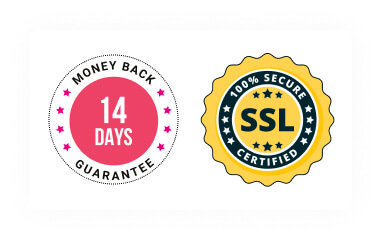
No reviews found for this course.
0
0
Your Cart
Your cart is emptyBrowse Courses
Upgrade to get UNLIMITED ACCESS to ALL COURSES for only £49/year
Claim Offer & UpgradeMembership renews after 12 months. You can cancel anytime from your account.
Other Students Also Buy

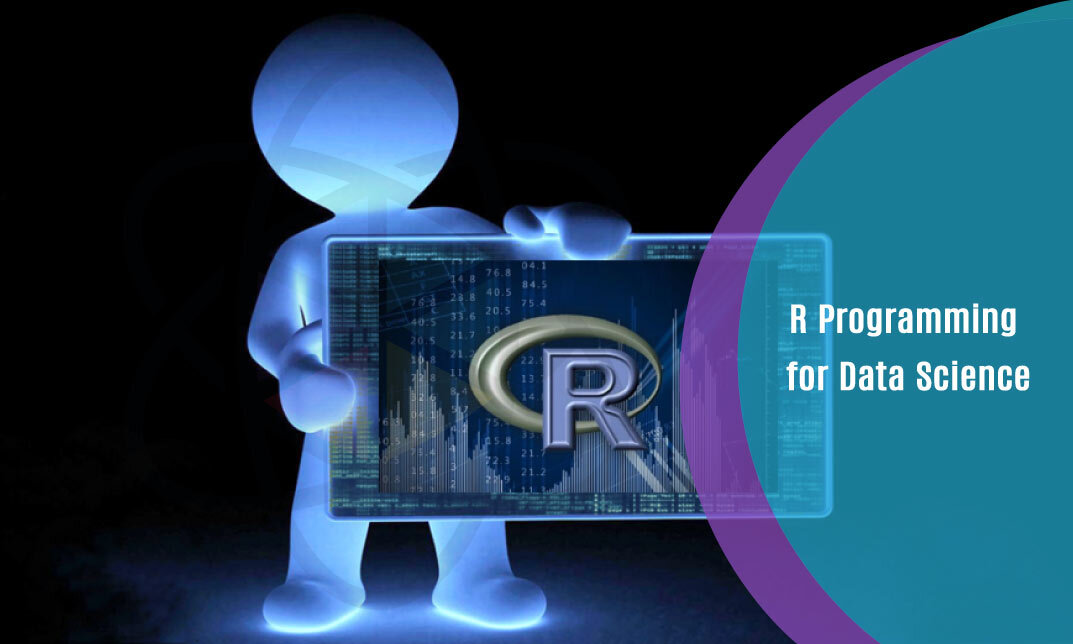



 1 Year Access
1 Year Access 
 41 Students
41 Students  2 weeks, 1 day
2 weeks, 1 day 
